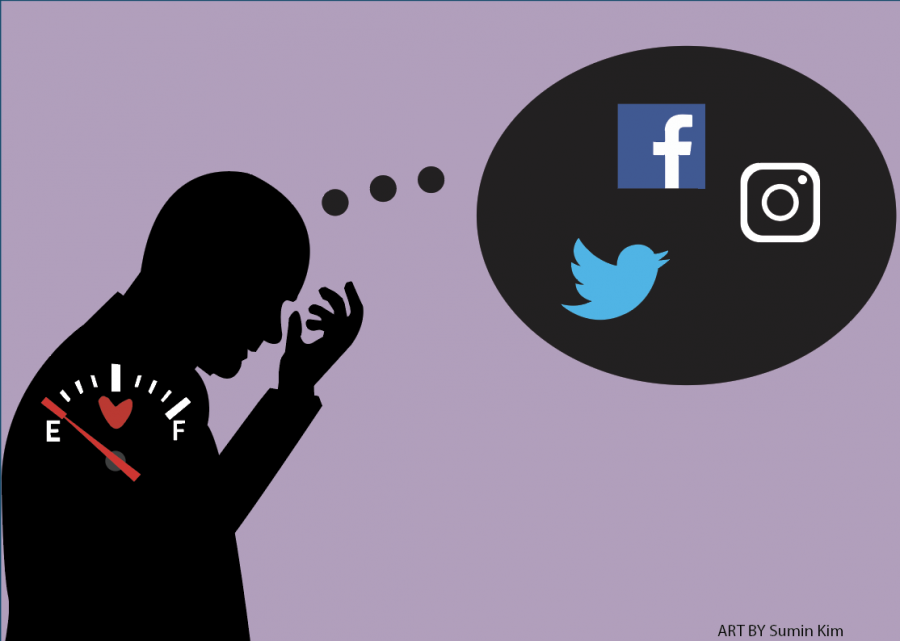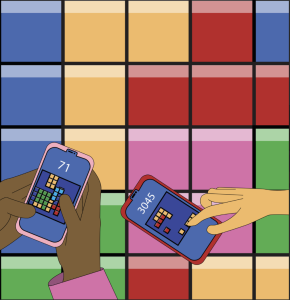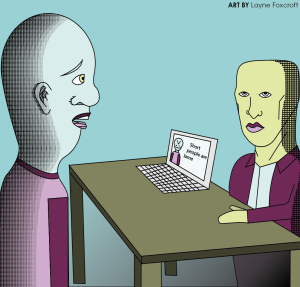How compassion fatigue is taking over social media
Compassion fatigue is described as an extreme state of tension and preoccupation with the suffering of those being helped to the degree that it can create secondary traumatic stress for the helper, by the Compassion Fatigue Awareness Project.
March 26, 2020
Unlocking your phone and opening Twitter to see the trending hashtags can be an anxiety-inducing task for some. With the overuse of social media comes the onslaught of sharing which in turn makes your problems not only your business but your followers’ business as well.
While being able to know about issues all around the world can be seen as blessing there is, of course, a downside, compassion fatigue. Compassion fatigue is described as an extreme state of tension and preoccupation with the suffering of those being helped to the degree that it can create secondary traumatic stress for the helper, by the Compassion Fatigue Awareness Project.
Since compassion fatigue seems to be becoming more common, we must learn ways of combating the harmful effects it could have on mental health.
Caring for the people and things around you is always an admirable feat, but don’t let it consume your every thought. Knowing how to pick your battles can help in the long run, instead of overwhelming yourself with other people’s pain and suffering.
Although first responders have been dealing with compassion fatigue for a long time, the problem is seeing new light due to the fast-paced news that circles social media. The problem of fake news or misleading headlines has been a topic of discussion for the past couple of years, but what most fail to talk about is how this dramatized information affects people’s mental health.
We tend to share the sadder, more heartbreaking news with our friends and family online and the news often gets sadder as it’s passed on like a depressing game of telephone.
According to a study by the Department of Psychology, the University of Warwick in the UK, the news we share on social media gets less accurate and worse sounding as the information is passed from user to user.
One recent example of this is a picture of Australia during the brushfires, the picture was an artist visualization of the scale of the fires. It showed the country from space and looked similar to a picture that might have been released by NASA but it made it look as though Australia was about to be burned off the face of the Earth.
Many took this photo as fact which led to the photo going viral and even being shared by celebrities. Although it was shared with the intention of saving Australia from the very real climate crisis, the photo was not accurate.
While sharing the news, even if false, often has good intentions, it can have a different effect than what was originally intended. Some users have become dissociated from the news they see online to a point where they become almost numb to it. They see no point in sharing or figuring out ways to help because of how often bad news plagues our time-line, it seems never-ending.
Because of the nature of social media, this new form of compassion fatigue seems almost unavoidable.
However, a lot of the solutions can be rather simple, things like taking breaks from social media, check your sources, and asking questions can lead to a lower stress level.
Also knowing when to pick your battles can be extremely helpful, taking it upon yourself fix every world issue is unrealistic and extremely stressful so pick and a few issues that you are passionate about you go from there.
It can be hard not to share such heartbreaking news but making sure the news is accurate should always come first along with yours and others mental health.










